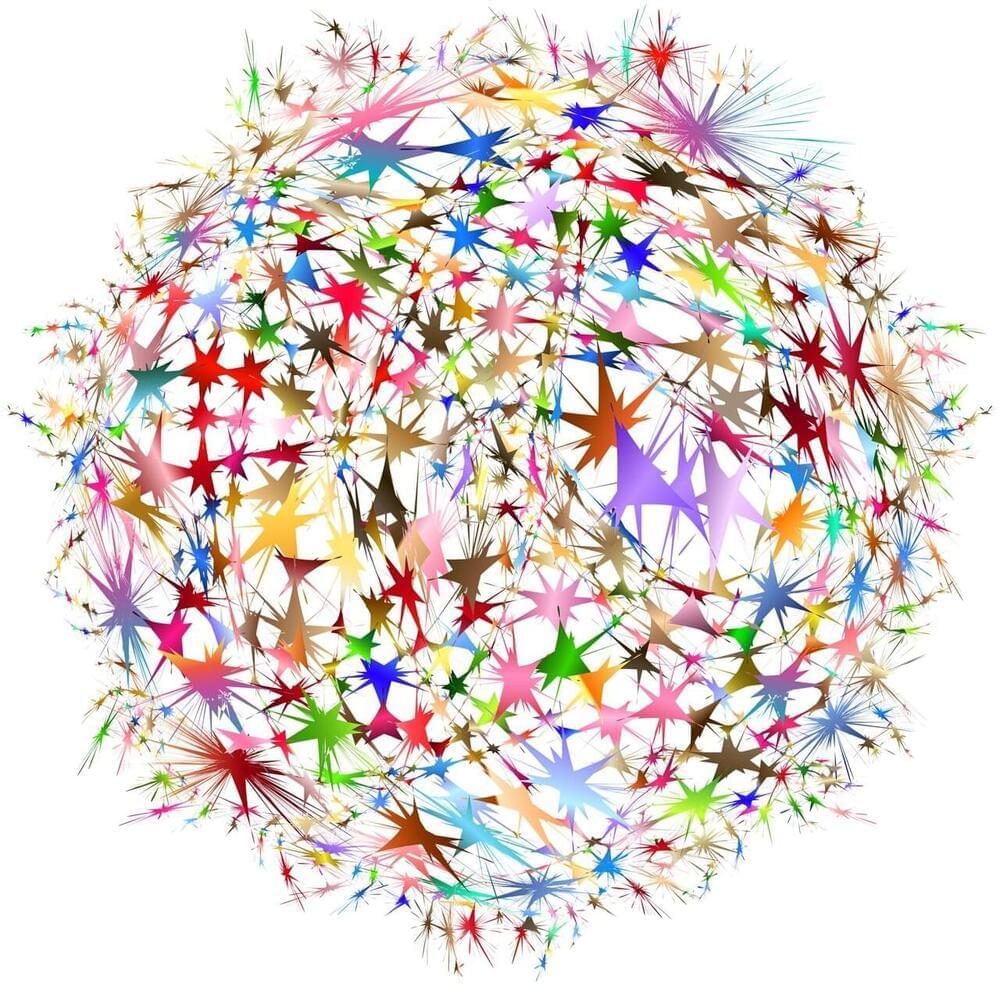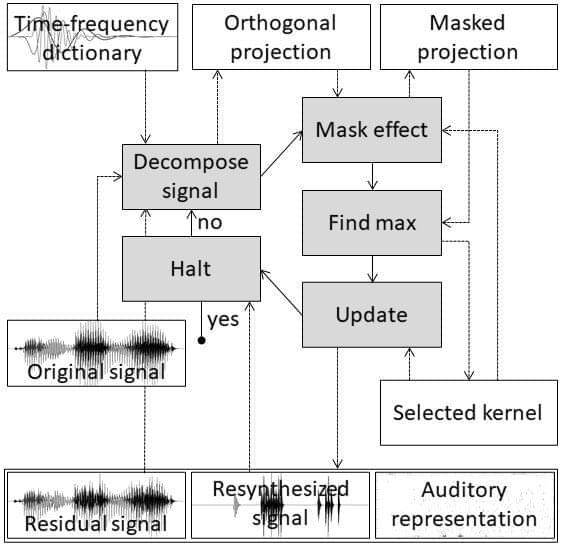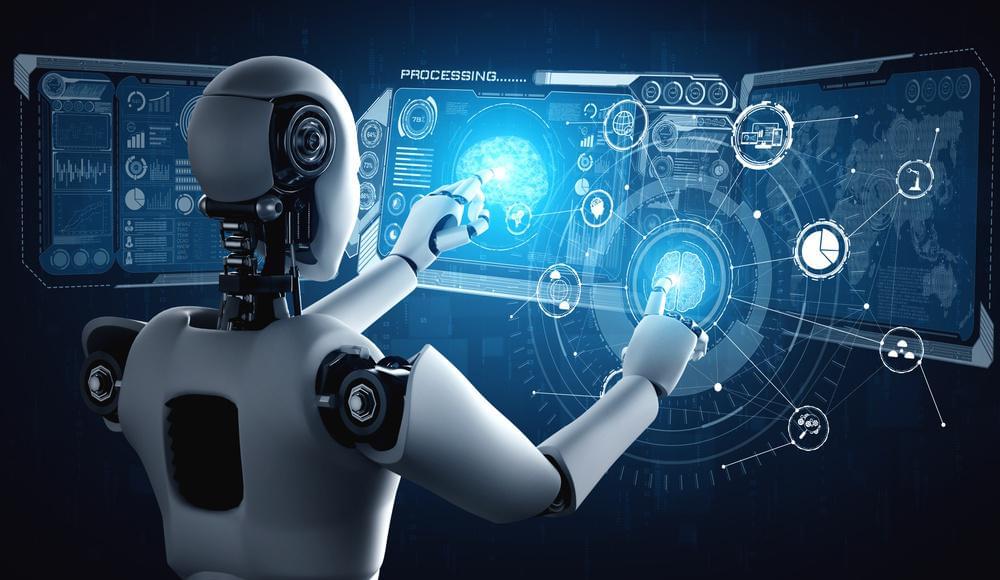Machine learning can work wonders, but it’s only one tool among many.
Artificial intelligence is among the most poorly understood technologies of the modern era. To many, AI exists as both a tangible but ill-defined reality of the here and now and an unrealized dream of the future, a marvel of human ingenuity, as exciting as it is opaque.
It’s this indistinct picture of both what the technology is and what it can do that might engender a look of uncertainty on someone’s face when asked the question, “Can AI solve climate change?” “Well,” we think, “it must be able to do *something*,” while entirely unsure of just how algorithms are meant to pull us back from the ecological brink.
Such ambivalence is understandable. The question is loaded, faulty in its assumptions, and more than a little misleading. It is a vital one, however, and the basic premise of utilizing one of the most powerful tools humanity has ever built to address the most existential threat it has ever faced is one that warrants our genuine attention.
Full Story:
An international team of researchers has spotted the first isolated black hole that is wandering around in interstellar space.








